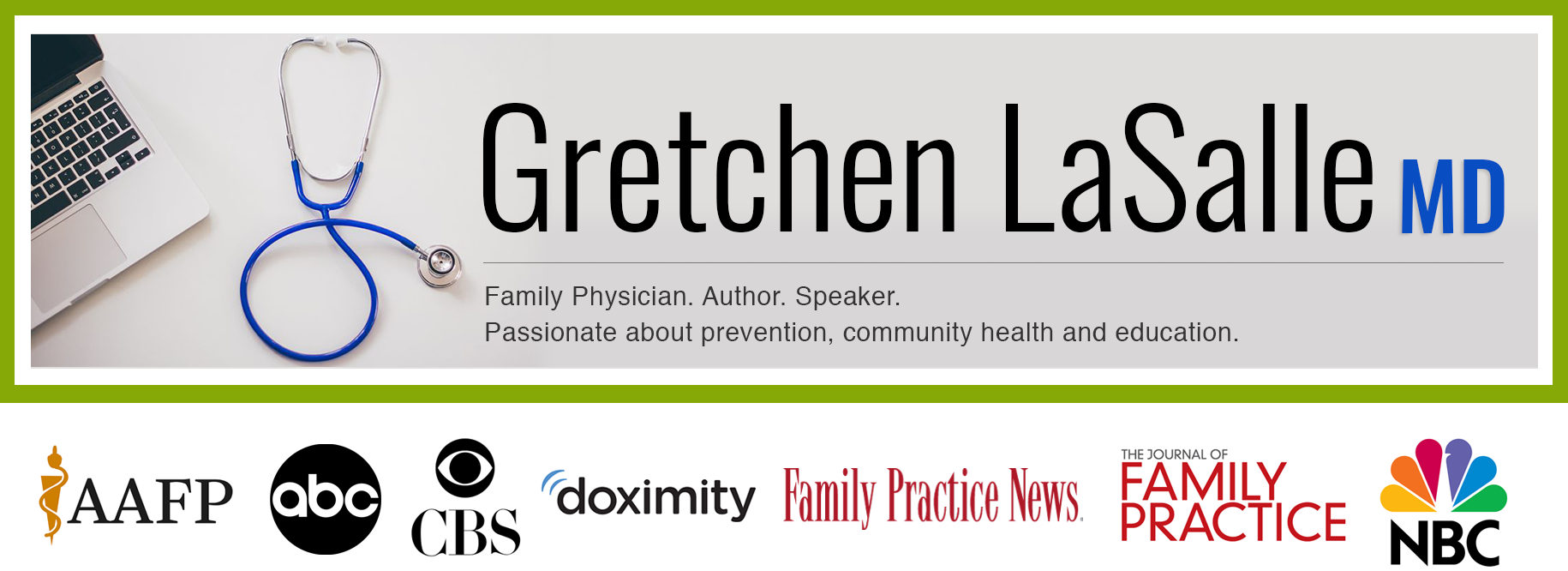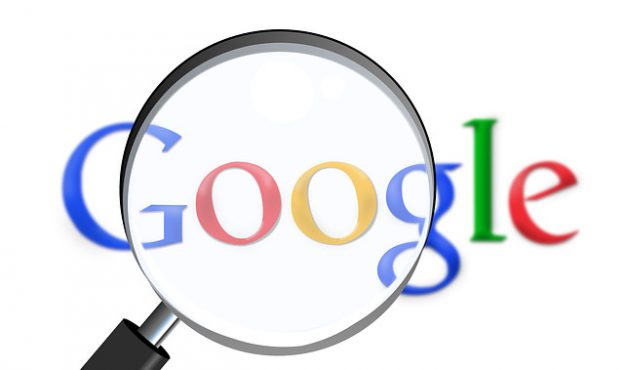Just ask any doctor. You’d be hard pressed to find one who hasn’t had a patient bring in a Google search to discuss their potential diagnoses. Got a rash? Check Google images. Weird dizziness? You might just have vertigo, anemia, pregnancy, a brain tumor, or a bite from a Guatemalan rain spider (okay, I made up that last one). Let’s face it. We live in an Information Age and Google is a brilliant source of information. However, without the medical background with which to put all of these potential causes of illness and disease into perspective, Google can often be a confusing and sometimes frightening place.
Doctors and other medical providers are then left to pick up the pieces of this information overload. Not only do we need to spend the precious few moments we have with you providing preventive care and treating disease, but now we also have to help you sort through complex and confusing diagnoses, most of which are highly unlikely, and debunk often faulty information gleaned from chat rooms and non-reputable sites. We providers get frustrated. We gnash our teeth. Our ire rises. We curse Dr. Google under our breath. We buy mugs that say “Please do not confuse your Google search with my medical degree”. But I’m going to let you in on a little secret (and I might just get kicked out of the club for this one). Doctors also use Dr. Google.
Come on… Don’t judge. Google is, hands down, the fastest way to find any information we need. Side effects of Hydralazine? Nomogram for an elevated bilirubin? Algorithm for working up adrenal insufficiency? Just search Google and Bam! Two seconds later and the world of science and medicine is at your fingertips. The difference is, and this is an extremely important difference so listen up, doctors know which sites to rely on as reputable and factual, and which to ignore. Did you get that? Out there, in the Googleverse, there are both good sources of information and bad sources of information. You just have to know which ones to trust.
So today, we are going to learn how to differentiate reputable from non reputable sites for gathering accurate and well founded medical information. There are just a few basic tenets you need to know.
1. First, look for nationally recognized sources: The Centers for Disease Control (CDC), the National Institutes of Health (NIH), The Mayo Clinic, The Cleveland Clinic, etc. Government funded, not-for-profit, and university sites tend to be trustworthy.
2. In general, disease specific sites are also reputable: The American Cancer Society, The American Diabetes Association, The Alzheimer’s Association, etc.
3. Medical information is constantly changing so make sure to check the date of the article you are reading or the date of most recent update for the site you are using. Look for the most current sources.
4. There are lots of non-factual claims out there that only serve to worry and confuse us. If an article claims a particular finding (that vaccines cause autism, for example), before we get all worked up and decide not to immunize our children, we should look at the totality of evidence. Do multiple research articles demonstrate the same finding? Only if a finding is reproducible time and again is it something to put our faith in. The lesson: don’t put all of your eggs in one research paper’s basket.
5. Research the author. Are they reputable? Do they have a background which allows them to speak with authority or is this merely an opinion piece made to sound or look scientific? Do they list their sources backing up their claims and can those sources be verified? What do they have to gain from writing the article?
6. If the site is trying to sell you something, be skeptical. As much as possible, you want to look for sources that are non biased and don’t have a conflict of interest. If an online medical practitioner or site is trying to sell you their products, they are inherently biased and you need to move on.
7. Please don’t believe everything you read on Facebook (no offense, Facebook). Just because a friend of your mother’s neighbor swears by an essential oil to cure cancer or is claiming that X vaccine has been linked to infertility or that Y supplement is great for weight loss and is totally safe, doesn’t make it true. Before you start that miracle cure or supplement, please talk to your medical provider. Let them help you make sense of all those claims and help keep you safe and healthy.
Well, that’s about it. It’s pretty simple really. Pick your sources wisely and discuss any questions or concerns you have with your medical provider. And, if something sounds too good to be true, it probably is. Google can be an amazing tool for learning, for patients and doctors alike. But, as with any tool, we just have to know how to use it.
We, as medical providers, may grumble a little when the Google search shows up during our office visit but we shouldn’t let it frustrate us so much. Our job is to educate and that is what Google is allowing us to do. After all, the origins of the word “doctor” come from the Latin word “docere” which means “to teach”.
Yep. I looked that up on Google.

